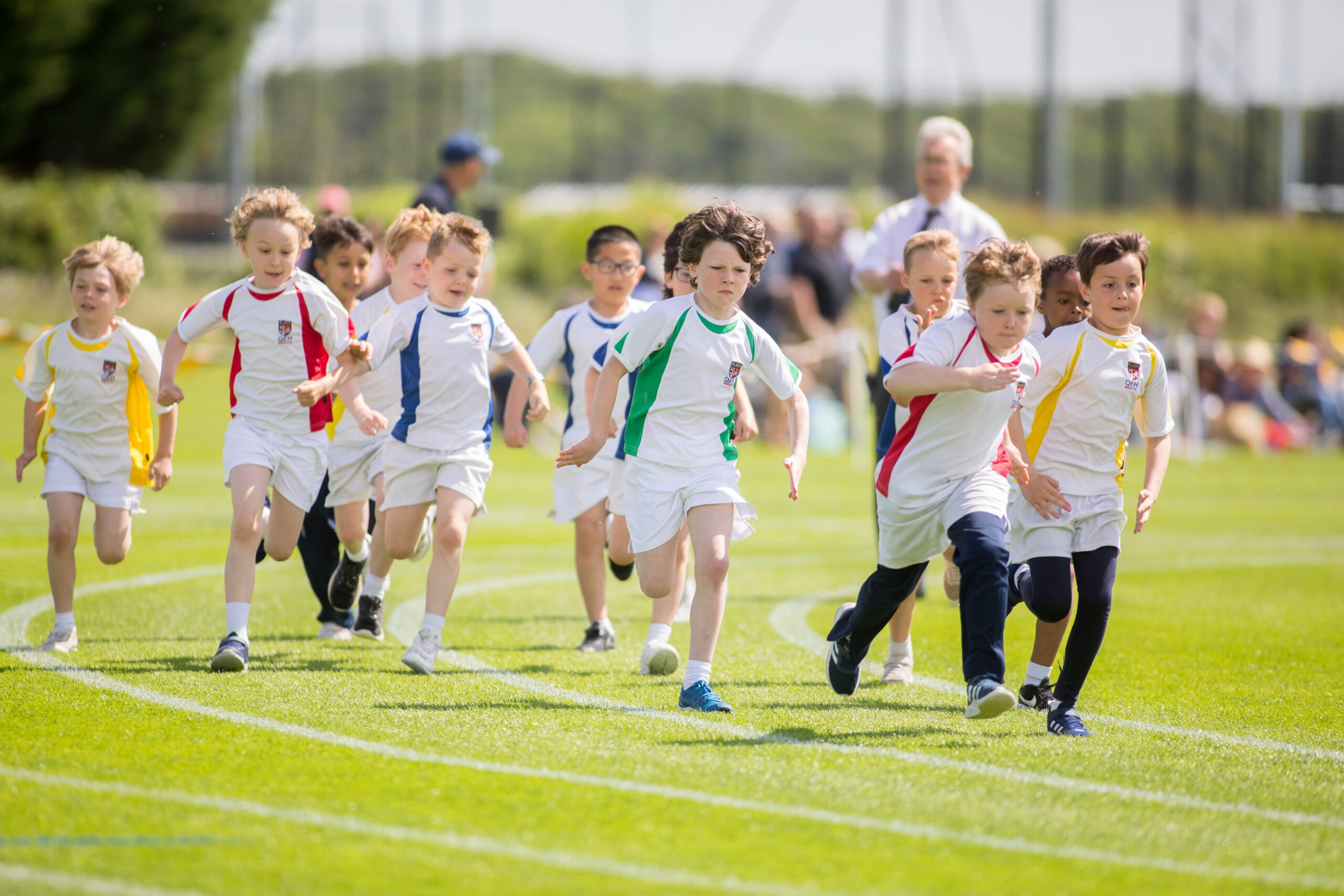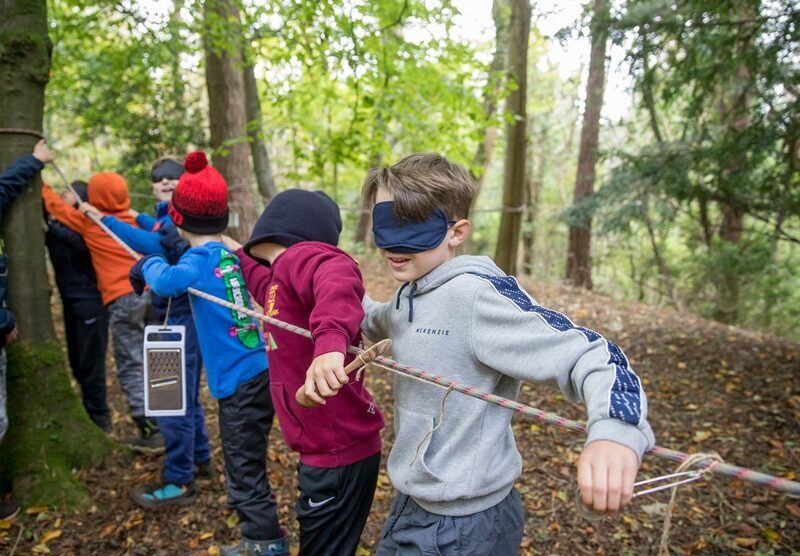Year 7 went on a team building trip to Osmington Bay PGL centre for a weekend of activities and friendships.
Human beings are social creatures. In a world that gets smaller by the day, where all you need is a smart-phone and an internet signal to see cultures from the other side of the world in the blink of an eye, what better way to make the most of this newfound connectivity than to learn a second language?
We’re all no doubt familiar with the fact that it’s that much easier to learn a language when we’re younger – and while this is undeniably true, focusing on the effort required misses some of the point.
Learning always takes effort. At a certain stage in our development, this may not be consciously sustained focus, but it still requires energy. If, instead of looking at language acquisition as an economy of effort, we pay particular attention to its rewards, any doubts of the potential struggle involved would quickly be put to rest.
Here are just 10 reasons why we think your child’s educational development will benefit from learning a foreign language…
Improves Pupil Performance
Several studies have pointed to a link between children learning a second language and a general improvement in their academic performance. It is routinely reported that bilingual pupils have higher attention spans; possess a significantly greater density of grey matter in their brains; are far more advanced in their reading skills of their native tongue; and even show a greater potential for ear training in musical education.
This boost in a child’s academic achievements is noticeable all the way from the classroom to the exam hall, with the potential to increase a child’s proficiency across the curriculum.
Problem Solving
Bilingualism at an early age leads to stronger executive function, meaning that forward planning, multitasking and critical thinking are commonly more prominent in those who have a second language than those who don’t. Research also suggests that bilingual children are on average significantly more creative than their monolingual counterparts.
All of these developmental attributes are important aspects of a child’s ability to find a solution to complex issues – a skill that becomes no less valuable as we get older.
Broaden Horizons and Deepen Cultural Understanding
Being native speakers of English, it’s easy to think that we can get by just fine without the burden of learning a second language, but with the world quite literally at our fingertips, the ability to converse with more of it more fluently can never be a bad thing.
One-sixth of the population of the world speaks Chinese; over 6% speak Spanish. Pretty quickly, we get to a point where learning another language not only connects us to cultures we may not have had the chance to otherwise, it also imbues us with a sense of empathy and a humbleness regarding our origins up against those of the billions of others we share planet Earth with.
Widen Social Contact
As important as it is to enhance your child’s academic achievements, language is first and foremost about communication. Bilingualism provides a child with the opportunity to make deep and meaningful social connections with others, be it peers experiencing the same educational progression or persons of other nationalities from the wider community.
Career Prospects, Salaries and Educational Opportunities
Put simply, learning a second language is one sure way to provide your child with a major boost to their future employment and educational prospects. The modern age’s push towards globalisation has meant that more and more employers are seeking a workforce with more than one language – and are often willing to pay significantly more for the skill, too.
Having a second language under your belt also enhances your child’s choices when it comes to higher education. Universities are impressed by students who show a wide range of educational experience; bilingualism points to the presence of traits like dedication and determination that is sure to reflect well on the applicant.
While these benefits may not show themselves immediately, it’s good to know that a choice made now will put your child in good stead in the years to come.
Cognitive Benefits
The benefits of bilingualism on the brain are well-documented and far-reaching. Studies have shown that children who acquire a second language are more confident about conversing with others and score better in memory tests, for example. Research suggests that they tend to have a greater cognitive reserve than monolingual children too, which is heavily linked with the delay of the onset of dementia.
Travel Like a Pro
International travel has never been easer and is a wonderful way to connect children with the wider world. Being able to speak the language of the country they are visiting provides a child with an insight into the culture that would be impossible otherwise – and will likely be a priceless motivator for their continued linguistic studies.
It’s Fun
Without enjoyment, the rest of the benefits on this list would be almost irrelevant. Hard work and focus is far easier when you’re having fun doing it – and you’ll learn much more quickly too.
The World of Words…
As an adult, learning a second language might seem like a huge task. Like most things in life, though, if we are introduced to it at the right age, we’re already equipped with everything we need to take it in our stride.
So: buena suerte; bonne chance; boa sorte; good luck!





















